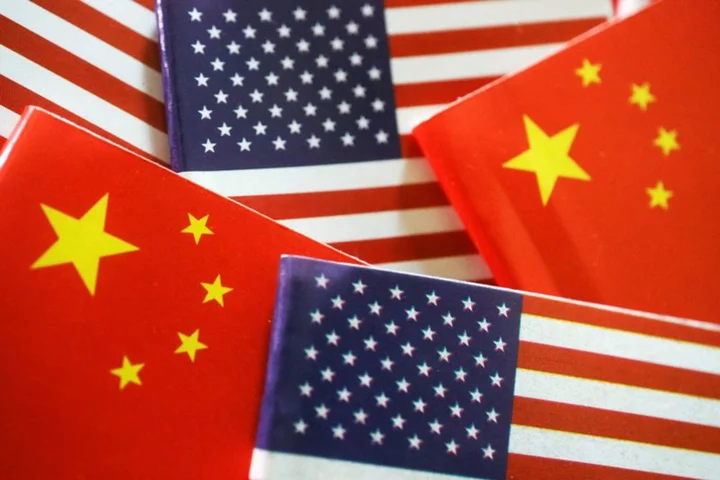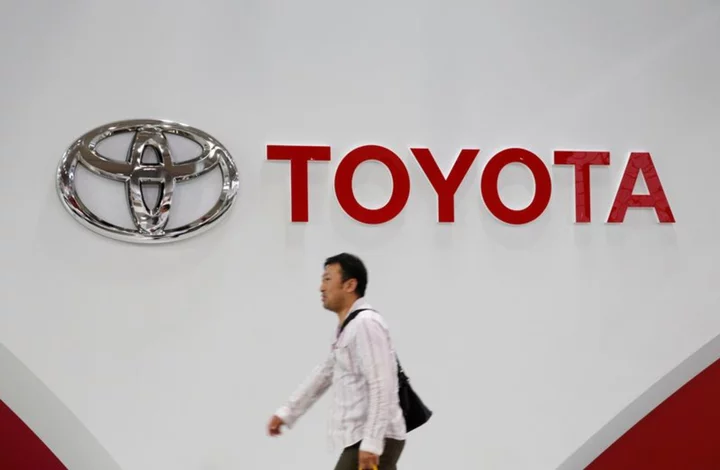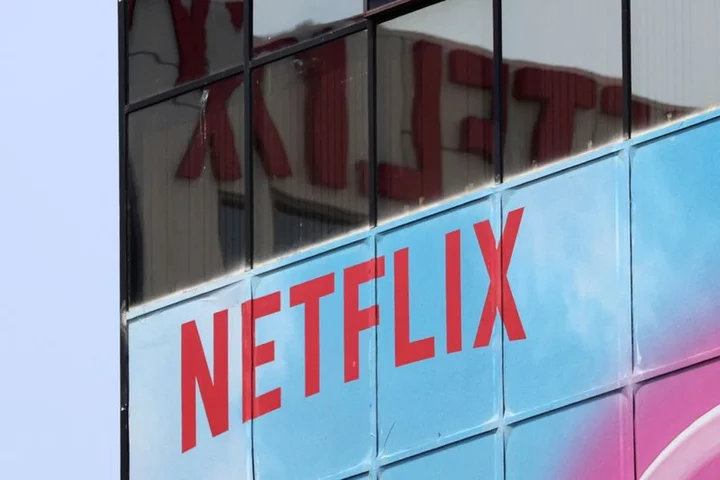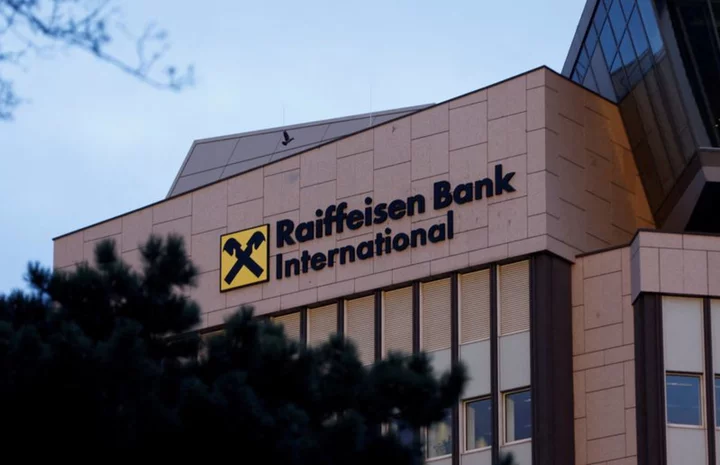By Mike Dolan
LONDON The United States and China may feel some financial detente is wise at this point - even if goading one another plays well domestically.
A bruising August for both China's economy, property sector and stock market on one hand and U.S. government debt on the other served as a reminder to both sides on how fragile the financial and economic relationship between the two can be.
For all the talk of de-coupling, or 'de-risking' in Washington parlance, the world's two largest economies are still linked in ways that make it dangerous to destabilise each other - even if political imperatives demand that.
That interdependency - or the desire for it - is far less in a post-pandemic, post-Ukraine invasion world than it was 15-20 years ago when China was fast integrating into the global economy.
Bilateral investment curbs, trade restrictions and supply chain redirection have this year followed months of spying and hacking claims as geopolitical tensions over Taiwan and Ukraine rumble and China postures as an alternative global leader.
But elements of the once-feared bind of 'mutally-assured financial destruction' (MAFD) still apply. Chinese and Hong Kong entities still hold more than a trillion dollars of U.S. Treasury Securities, for example, and annual U.S.-China trade deficits are running at a more than a third of a trillion dollars.
Pulling the rug out from under either - battering U.S. and Chinese demand in effect - seems to make little economic sense at least.
More than a decade ago former U.S. Treasury Secretary Larry Summers adapted the nuclear 'MAD' doctrine to add the 'F' and reflect the symbiotic trade and financial relationship that had by then developed between the two economic superpowers.
The web that bound them involved U.S. import demand and investment flows seeding China's rapid growth and dollar surpluses, which Beijing then recycled mostly into U.S. Treasury debt by banking dollars it had accumulated. The official intervention and dollar stash, in turn, prevented the massive inflows boosting the yuan too quickly and making the exchange rate uncompetitive.
All got something from it. America had new markets and investments and a seemingly durable new creditor that kept borrowing rates low and consumption up. China got cash injections, export-led growth, overseas know-how and a liquid home for savings.
Even though potentially as stable as nuclear MAD, Summers argued at the time that rising U.S. government debt exacerbated Washington's vulnerability in a world of "Fiscally Assured Destruction," which may come back to haunt it.
"Foreign governments and investors financing the superpower spending spree have no incentive to bankrupt the U.S. economy by suddenly dumping their dollar reserves," he argued in a 2009 speech. "The ensuing financial crisis would seriously damage their own economies as well."
"But having finally emerged from the Cold War's military balance of terror, the United States should not lightly accept a new version of mutually assured destruction if it can be avoided."
'MAFD'
But is that where the situation has landed post-pandemic?
There's clearly been rising mutual suspicion over global influence and economic dominance over the past 10 years - along with concern about fair trade, deteriorating geopolitics around Ukraine and Taiwan and re-worked domestic priorities since the COVID-19 shocks.
And going into next year's U.S. elections, an anti-China trade stance clearly has bipartisan support from voters.
Former Goldman Sachs global economist and UK government minister Jim O'Neill, who coined the BRICs acronym over 20 years ago to track the rise of the biggest emerging economies, reckons the U.S.-China relationship would be "really disastrous to unravel dramatically."
But O'Neill said his impression was the two sides had decided to put a floor under problems and any ongoing rhetoric from China at least was more likely symbolic.
Certainly U.S. Commerce Secretary Gina Raimondo's decision to press ahead and accept an invite to Beijing next week shows neither side wants to cut ties completely. And China's commerce ministry hailed the lifting of U.S. export restrictions on 27 entities as "in line with the common interests of both sides."
BACK FROM THE BRINK?
Hedge fund manager Stephen Jen at Eurizon SLJ thinks the idea of complete decoupling is riven with problems and has to be 'calibrated' - issues related to high tech and privacy concerns may be a red line but China would continue to produce goods to sate U.S. demand and hold U.S. debt.
"The symbiotic relationship between the U.S. and China was so critical in allowing the US to over-consume and China to run excess savings," he said. "It will need to continue to be the case - otherwise U.S. (borrowing) rates would rise."
And this goes to the heart of the U.S. problem Summers has routinely pointed out about rising Treasury debt - which, exaggerated by the pandemic, has more than doubled to more than $25 trillion over the past decade and has more than doubled as a share of annual output over 20 years.
And yet China appears to have been backing away for years.
Having stopped accumulating outright dollar reserves over the past 12 years to funnel its surpluses into its 'Belt and Road' trade initiative and state bank deposits instead, China's share of outstanding U.S. Treasuries has been falling rapidly.
While Beijing has at least partly offset that by loading up on other U.S.-dollar bonds and mortgage debt, the share of foreign Treasury holdings held by Chinese and Hong Kong entities has more than halved to less than 14% from a high watermark of more than 30% 12 years ago.
Like much else in the bilateral financial bind, the dependency seems much reduced. And yet any shift in fragile financial markets may pack a punch for both sides equally and political signalling from here may prove as important as any real action in the background.
The opinions expressed here are those of the author, a columnist for Reuters.
(Editing by Deepa Babington)









